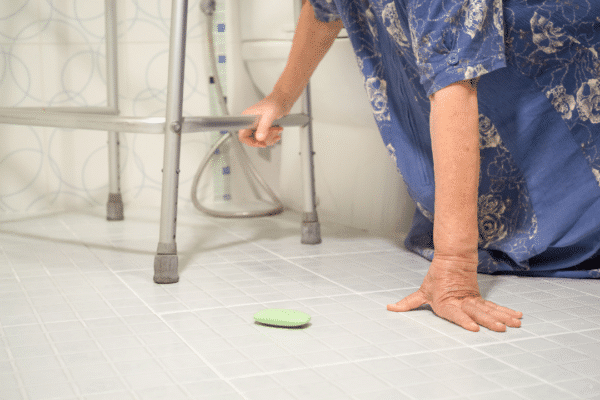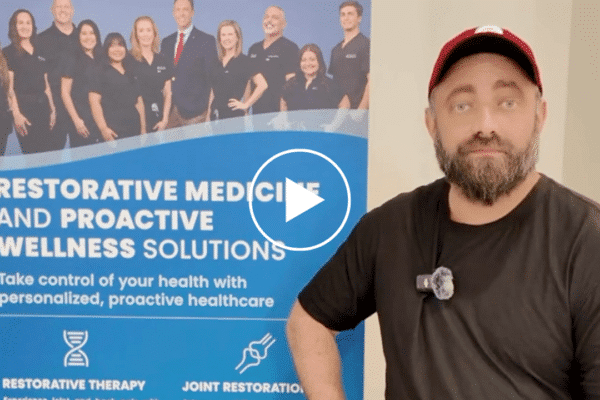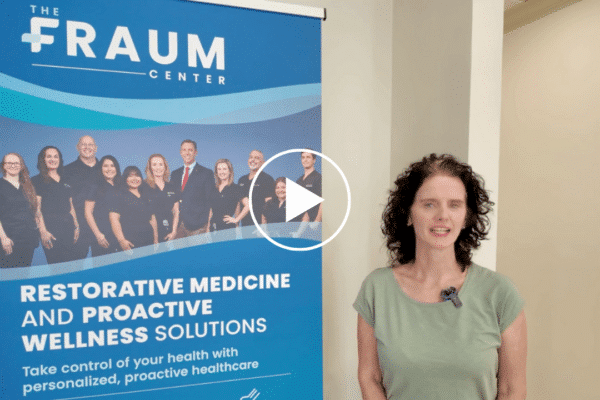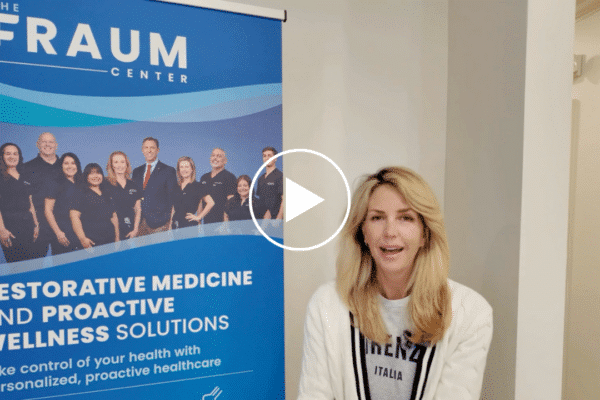Golf is a sport that demands precision, focus, and physical prowess. Golfers of all levels constantly seek ways to improve their game, whether through technique refinement, mental training, or physical conditioning. One lesser-known yet highly effective avenue for enhancing golf performance is through the application of restorative medicine techniques. Restorative medicine offers golfers a holistic approach to optimizing their physical and mental well-being, ultimately leading to improved performance on the course. In this article, we will explore how restorative medicine can benefit golfers and help them perform at their best.
What Is Restorative Medicine?
Restorative medicine is a medical specialty that focuses on restoring and enhancing the body’s natural healing mechanisms. It combines various therapies, including regenerative medicine, hormone optimization, nutritional support, and stress management, to promote overall health and well-being. The primary goal of restorative medicine is to optimize the body’s functions, promote tissue regeneration, and alleviate the effects of aging, injury, or chronic conditions.
Restorative Medicine for Golfers
Injury Prevention and Recovery
Golfers are prone to repetitive stress injuries, particularly in the wrists, elbows, shoulders, and lower back. Restorative medicine offers treatments like platelet-rich plasma (PRP) therapy and stem cell therapy, which can accelerate the healing process and reduce the risk of long-term damage. These therapies help repair damaged tissues, reduce inflammation, and provide pain relief, allowing golfers to recover faster from injuries and get back to the game sooner.
Joint Health and Mobility
Maintaining joint health and flexibility is crucial for golfers to execute proper swings. Restorative medicine can include treatments such as joint injections, physical therapy, and nutritional support to enhance joint mobility and reduce the risk of joint-related injuries.
Hormone Optimization
Hormones play a significant role in a golfer’s overall well-being and performance. Restorative medicine can help balance hormones like testosterone, which can improve energy levels, mood, and muscle recovery. Proper hormone balance can lead to increased strength and endurance on the golf course.
Stress Management and Mental Clarity
Golf is as much a mental game as it is physical. Restorative medicine offers stress management techniques, mindfulness practices, and nutritional support to help golfers manage anxiety, improve focus, and maintain mental clarity during their rounds.
Nutritional Support
Proper nutrition is essential for maintaining energy levels and overall health. Restorative medicine can provide personalized nutritional plans and supplements tailored to a golfer’s specific needs, ensuring they have the energy and endurance required for long hours on the course.
Longevity and Quality of Life
Beyond improving golf performance, restorative medicine focuses on enhancing overall well-being and promoting longevity. Golfers who invest in their health and well-being are more likely to enjoy the sport well into their later years, maintaining a high quality of life.
Restorative medicine offers golfers a comprehensive approach to enhancing their performance and overall well-being. By addressing physical injuries, joint health, hormonal balance, stress management, and nutrition, golfers can optimize their bodies and minds for peak performance on the course. Whether you’re a professional golfer or someone who enjoys the sport recreationally, exploring the benefits of restorative medicine can help you reach your full potential and elevate your golf game to new heights.






